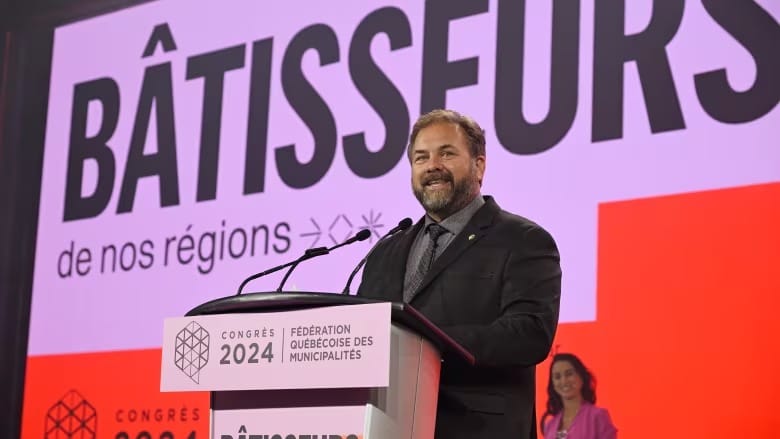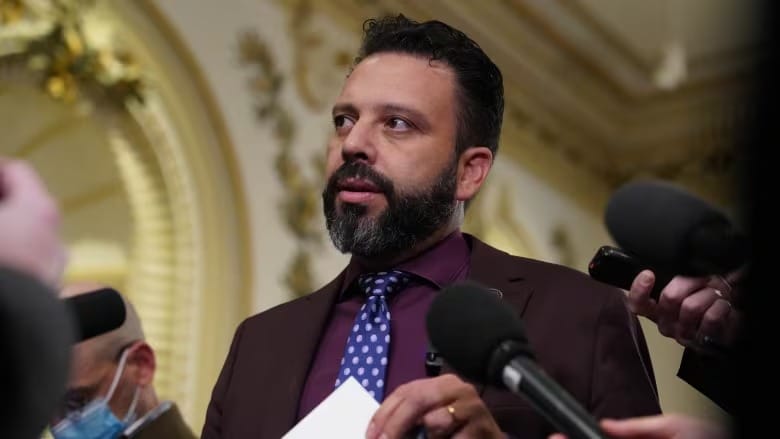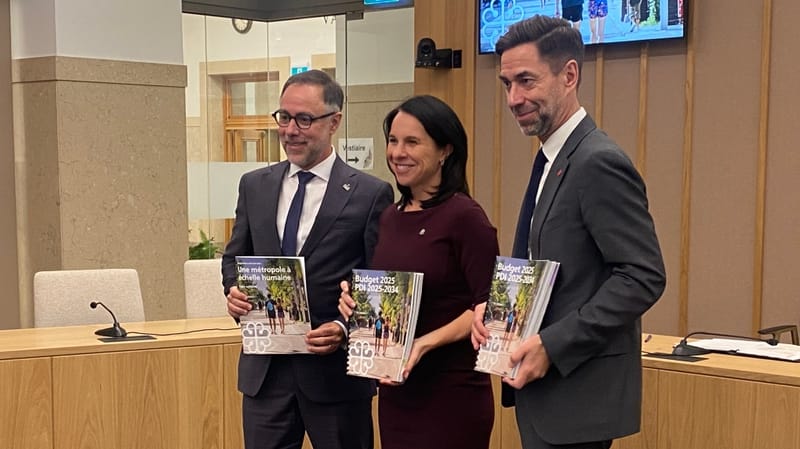Small Quebec towns debate reducing council size as fewer people run for office
Salaries, job pressure and intimidation dampen political enthusiasm

Some small municipalities in Quebec are contemplating a reduction in the size of their city councils due to difficulties in attracting candidates for office.
Recently, Quebec implemented a rule allowing communities with fewer than 2,000 residents to decrease their number of city councillors from six to four after next year’s elections.
The president of the Fédération québécoise des municipalités, Jacques Demers, stated that this rule change has been a "recurrent" request from certain towns facing ongoing vacancies on their city councils or even for the mayoral position.
He noted that small towns have found it increasingly challenging to recruit candidates because of low salaries, the demands of the job, and a general decline in time and enthusiasm for community involvement.
"When we look at volunteers for leisure, volunteers for culture, volunteers for festivals, for exhibitions, all of this is becoming more and more difficult to recruit people," he explained in a phone interview.
Corina Lupu, the mayor of Lac-des-Seize-Îles, a small community in the Laurentians north of Montreal, mentioned that her council will discuss the issue at their next meeting before making a decision.
"In small municipalities, you don't have a population of 20,000 to pick from," she said during a phone interview. "Sometimes you have a population of 1,000 or 500."
While her community isn't facing this issue, Lupu believes it is becoming harder for individuals to run for office due to the increasingly hostile environment elected officials encounter.
"Some politicians are rather abused," she said. "It's not really a pleasant environment."
Question of Wages
Vacancies at the municipal level remain a significant concern in Quebec. In the last municipal elections in 2021, around 120 mayor and councillor positions went unfilled, while nearly 5,000 candidates were elected unopposed.
Both Lupu and Demers pointed out that the very low salaries offered to small-town councillors contribute to the problem.
"In our small communities, municipal involvement is almost volunteer work since many people earn $1,000, $2,000, $3,000 per year for their involvement," Demers remarked.
Although Lupu noted that salaries in her community are higher than that, she emphasized that it doesn’t equate to much per hour considering the workload, as the province has gradually shifted more responsibilities onto municipalities over the years.
"We're a small municipality, but we still have to fill in all the same paperwork as a large municipality," she said. "It's the same bureaucracy, but for fewer people."
Chantal Richer, the general director of the 168-person town of Val St-Gilles in the Abitibi region, indicated that her community would consider reducing the size of its council.
"It would be easier to find candidates and we could divide the money saved among the four, which would increase their salaries a little more," Richer stated, adding that the issue will be addressed at the next council meeting.
Mayors of Barkmere and Lac-Tremblant-Nord, both located in the Laurentians, expressed their belief that keeping a six-person council is better for democracy, despite their smaller population sizes.
"By reducing to four councillors, we could end up with a quorum of three people at council meetings," Barkmere Mayor Luc Trepanier said in an email. "We do not believe that only three people should decide for an entire municipality."
Lupu also pointed out that transitioning from six to four councillors could help towns like hers save on salary expenses, which is a significant consideration in areas with small tax bases. However, she worries that four-member councils might allow dominant personalities to overshadow discussions and complicate decision-making. Despite having fewer than 200 year-round residents, her lakeside community has never had a council vacancy in her memory, and she finds it difficult to envision the council without any current members.
"I think I've gotten a lot of value out of having six councillors, six opinions, six perspectives," she noted.
Municipalities aiming to reduce their council size after the 2025 elections have until the end of December this year to pass a resolution to do so. Demers believes around 700 municipalities are eligible for this change, but he anticipates that most will maintain the existing six-member council structure plus a mayor.





